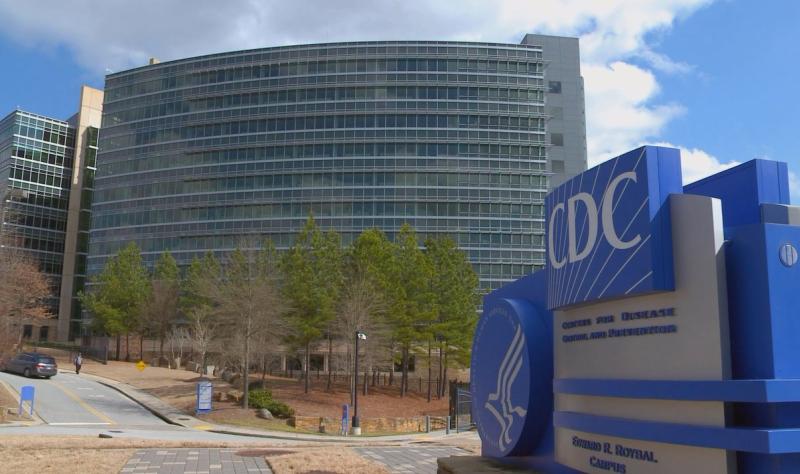

Two studies published today in the European Respiratory Journal describe long-COVID findings, one revealing signs of autoimmune disease in 41% of blood samples taken 1 year after recovery, and the other showing that 23% of patients still had exercise intolerance a year after hospital release.
41% had signs of autoimmune disease at 1 year
In the first study, a team led by McMaster University researchers in Canada obtained blood samples from 106 people who tested positive for COVID-19 from August 2020 to September 2021. They also asked participants about long-COVID symptoms 3, 6, and 12 months after recovery.
Twenty-two healthy volunteers and 34 people who had recovered from a non-COVID respiratory infection served as comparison groups.
At 3 and 6 months, nearly 80% of the COVID-19 survivors had at least two antibodies that target healthy cells and tissues and contribute to autoimmune diseases, falling to 41% after 1 year. In comparison, most healthy volunteers had no evidence of these antibodies, while those who had recovered from a non-COVID illness had relatively low levels.
From 21% to 30% of COVID-19 patients—most who still had shortness of breath and fatigue—had specific antibodies (called anti-U1-snRNP and anti-SS-B/La autoantibodies) and proteins that cause inflammation (TNFα cytokines) at 1 year.
Autoimmune disease occurs when the immune system mistakenly attacks healthy parts of the body instead of defending it against disease. It causes conditions such as rheumatoid arthritis and lupus.
“These results point towards the need to test for signs of autoimmune disease in patients with symptoms of long COVID that last for a year or more,” senior author Manali Mukherjee, PhD, of McMaster University, said in a European Lung Foundation news release.
In a McMaster news release, Mukherjee added, “Generally, one should not worry if they are feeling unwell right after their infection, as the chances of recovering within 12 months is very high, and just because you have typical long COVID symptoms at three months does not mean they will stay forever.
“However, the study highlights that at 12 months, if you still feel unwell and the symptoms are persisting or worsening, you should definitely seek medical attention.”
Exercise intolerance in 23%
In the second study, Norwegian researchers assessed cardiopulmonary exercise test results in 210 COVID-19 patients 12 months after hospital release, as well as changes in cardiopulmonary function from 3 to 12 months.
The results were compared with those of matched uninfected controls. Average patient age was 58.1 years.
At 12 months, 23% of participants showed exercise intolerance linked to circulatory (28%), ventilatory (17%), and other factors such as deconditioning and dysfunctional breathing (55%). Significant increases in maximum oxygen uptake and aerobic capacity occurred from 3 to 12 months, although controls still had higher aerobic capacity than those with long COVID.
“Deconditioning seemed to be the most prevalent exercise limitation, but other, unknown mechanisms may have contributed to exercise intolerance,” the authors concluded.


